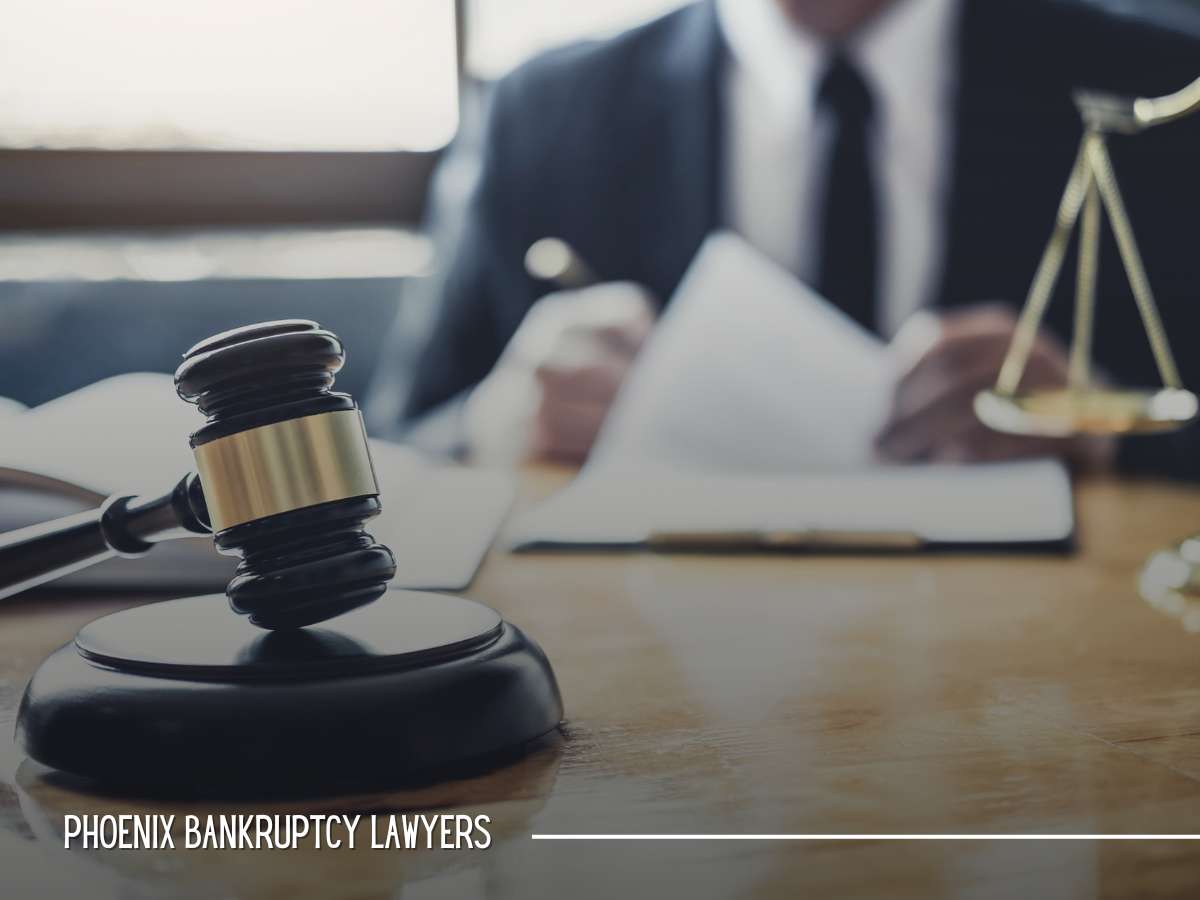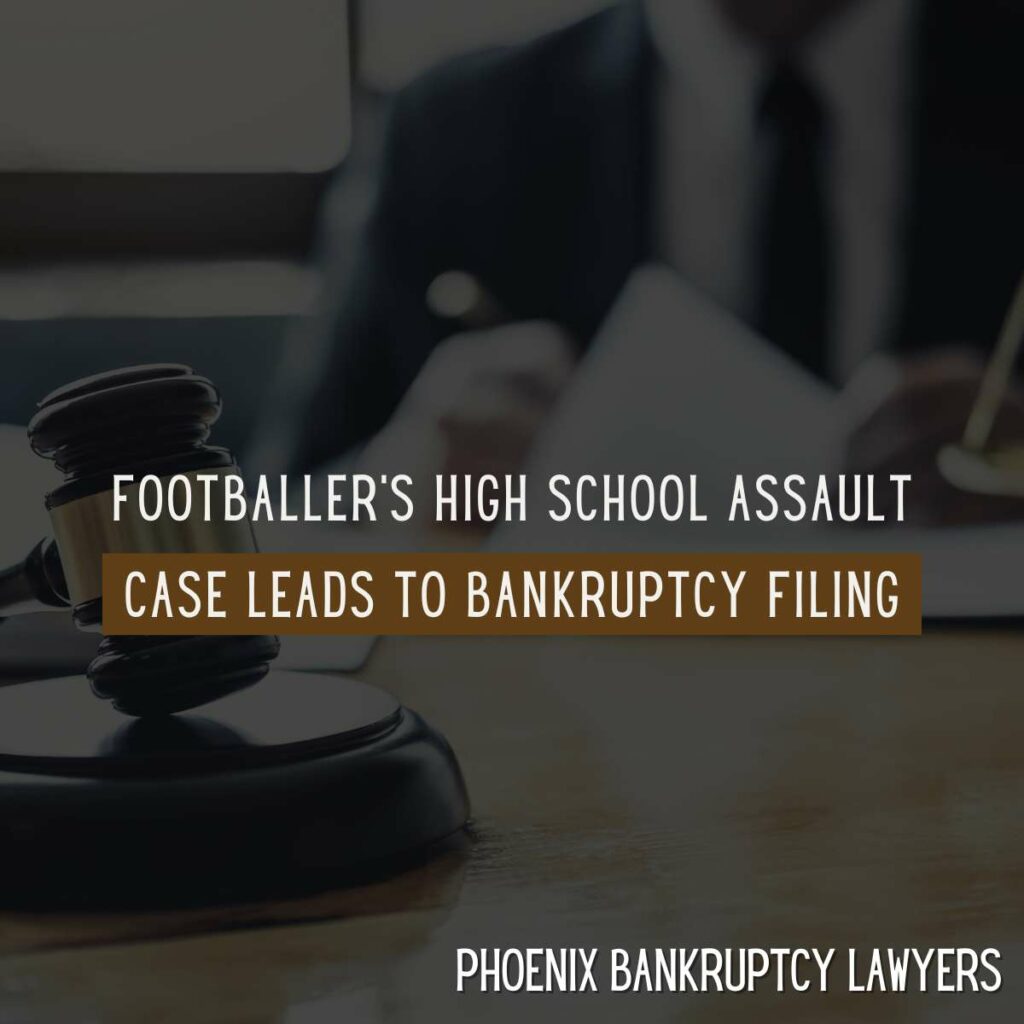Most people caused at least a little bit of trouble when they were in high school. But this trouble usually only results in embarrassing memories and funny stories after a few years. But when a high schooler causes serious and permanent physical injury, there may be consequences long after graduation.
Colorado safety Shilo Sanders just happens to be the son of head coach Deion Sanders. In 2015, Shilo was a high school student at Focus Academies charter school, where his father happened to work as the CEO. He was escorted to in-school suspension for violating the school’s no phone policy by security guard John Darjean. Shilo then called his mother, Pilar Sanders, who had divorced Deion 2 years prior. An assistant coach came to assist with the situation with Deion on the phone, who instructed Darjean to confiscate the phone from his son after learning that his mother was on the other end. Shilo then allegedly elbowed Darjean, causing him to fall over, and continued striking him as he was on the ground. He sustained injuries including a broken neck, cervical spine damage, permanent neurological injuries, and irreversible incontinence. In 2022, a court found Shilo liable for the assault and awarded Darjean $11.89 million.
Paying such a high lawsuit judgment at such a young age is nearly impossible for anyone, even those from an affluent family like the Sanders. In October 2023, Shilo Sanders declared bankruptcy. The football player told the court he didn’t have the funds available to pay the judgment, citing assets of $320,477, which was down from $477,881 in his initial filing. He claimed to only have a Mercedes vehicle and a Robin Hood investment account. However, Shilo maintains a glamorous social media presence, giving more than one million followers a look into his life. He also has partnerships with major companies like TurboTax, Oikos, and KFC. The income from these collaborations was not listed in his bankruptcy petition. He also has shown his followers expensive personal possessions that weren’t in his petition, like a $50,000 Louis Vuitton shopping spree video on YouTube. Darjean’s attorneys have raised these objections with the bankruptcy trustee assigned to the case.
 What to Avoid Posting on Social Media During Bankruptcy
What to Avoid Posting on Social Media During Bankruptcy
If you publicly post about your life while going through a legal matter such as a bankruptcy, it creates the risk that anything you post may be used as evidence against you. When the trustee decides to look further into your case, it can create extra responsibilities for you, delay your case discharge, and inconvenience you in other ways.
- Expensive cars, boats & other motor vehicles: While it may be tempting to let everyone know when you get to ride in a fancy car, boat, ATV, jet ski, etc., it can be risky business if you are considering filing for bankruptcy. This can especially create issues if the social media posts conflict with what was listed in the bankruptcy petition. For example, if the bankruptcy debtor claims to own a used Honda in their petition but posts updates about their daily commute from a Mercedes, this could give the trustee cause to investigate the debtor’s finances.
- Designer goods & apparel: Don’t follow in Shilo Sanders’ footsteps by posting a video of yourself going on a Louis Vuitton shopping spree in the wake of a bankruptcy filing. Luxury spending is discouraged in the months before a bankruptcy filing, and credit card debts from pre-bankruptcy luxury items can be excluded from discharge. Your bankruptcy trustee could even decide that any of the designer items you post would be worth selling at auction to contribute funds to your bankruptcy estate.
- Meals & drinks from restaurants: With the cost of living higher than ever, treats like dinner at a nice restaurant and daily Starbucks runs are no longer considered reasonable expenses. If you do decide to treat yourself before or during a bankruptcy case, avoid posting about it on your social media.
- Paying expenses for others: You may have seen videos of stars like the Rock paying off his mother’s mortgage and seen the positive response they receive. But if you want to emulate this behavior yourself, do it on a smaller scale and without an internet audience.
- Sponsored content: All income needs to be reported on a bankruptcy petition, including revenue from creating sponsored content on your social media. If you are upfront about any income you receive through social media collaborations, you can continue making these posts throughout your bankruptcy. But in Shilo Sanders’ case, failure to report social media income can create suspicion of fraud and cause further investigation into your bankruptcy petition.
Bankruptcy to Clear Lawsuit Judgments
Once a creditor has secured a judgment against a debtor through a lawsuit, it opens up their options in pursuing the debtor for repayment. A creditor can use a judgment to place a lien on the debtor’s property, making it impossible to sell or transfer the asset until the debt is repaid. A creditor can also use a lawsuit judgment to execute a wage garnishment. Here, the creditor will automatically receive a portion- usually 15% to 25%- of the debtor’s paychecks. A defendant in a lawsuit may be able to clear a judgment through bankruptcy, but filing for bankruptcy while the lawsuit is still pending will put the lawsuit on hold thanks to the automatic stay.
Some types of lawsuit judgments won’t be cleared by a bankruptcy filing. For example, any restitution ordered as part of a criminal conviction can’t be wiped out by a bankruptcy petition. Child support isn’t dischargeable in bankruptcy, and only a fully-paid chapter 13 bankruptcy can stop a child support wage garnishment. If you were convicted of causing injury or death to another person while driving under the influence, this type of judgment can’t be erased by bankruptcy. Even if a judgment isn’t classified as non-dischargeable, a creditor can ask the court to make it be. Bankruptcy judges are most likely to rule in the creditor’s favor when the judgment is based off the debtor’s fraudulent, deceptive, or willfully malicious actions. Crimes like embezzlement and assault are common roots of lawsuit judgments that aren’t cleared by filing for bankruptcy. If the creditor fails to raise an objection, these types of judgments can be discharged. However, this seems unlikely in Shilo Sanders’ situation as Darjean’s attorneys have already taken issue with his extravagant social media presence.
Facing Lawsuits & Judgments by Your Creditors? Learn More About Bankruptcy Can Help.
Whether you have a $12 million judgment from an assault committed during high school or a $12 thousand judgment from an unexpected medical event, bankruptcy can at a minimum give you time to find a solution, or even clear the judgment altogether. But before filing bankruptcy, you should make sure that your judgment will be eligible for discharge through bankruptcy, and that you qualify for the chapter you wish to file. Making mistakes like these during the bankruptcy preparation stage can create issues in your case later down the line, which could delay your case, interrupt your bankruptcy protections, etc. Ready to learn more about how the bankruptcy process works in Phoenix, Arizona? Contact us at Phoenix Bankruptcy Lawyers for your free consultation with an experienced bankruptcy professional- call 480-470-1504 to get started today.
Phoenix Bankruptcy Lawyers
668 N. 44th St. Set 320
Phoenix, Arizona 85008
Phone: (602) 509-0955
